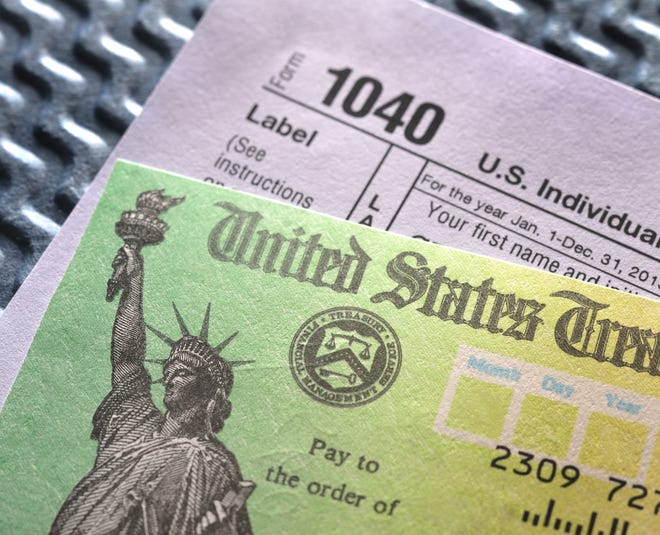Q. I am a teacher at a public school in New Jersey. I contribute 7.5% of my income to my pension. How does New Jersey tax my pension when I retire?
– I am still working
A. Let’s start by reviewing how teachers’ pensions work in New Jersey.
As a public school teacher, you are enrolled in the statewide New Jersey Teachers’ Pension and Annuity Fund (NJTAPF).
The TAPF operates the pension plan that gives teachers their retirement benefits, said Atiq Ahmed, and registered agent and owner of Edison Tax Group in Edison.
As of July 1, 2018, the contribution was increased to 7.5% of base salary, he said.
“Funding benefits come from three main sources: the employer’s contribution, the employee’s contribution, and income from investing those contributions,†Ahmed said. “However, the value of a teacher’s pension is not determined by a teacher’s contribution, state or school district, or by investment in the market. It is much simpler than that.
There is a formula that calculates the pension based on years of service and last pay, he said.
Pension plans are either non-contributory or contributory. Contributory plans include pensions, including teacher pensions, annuities and some IRA withdrawals, he said.
A pension received before reaching 62 is considered early retirement, and benefits are fully taxable in New Jersey on NJ-1040, line 20a, Ahmed said.
He said teachers can contribute to the pension plan using after-tax dollars, which means that contributions are made after paying taxes, and that part is not taxable in New Jersey when it is. received.
“It is important that teachers keep track of their contributions so that they are not double taxed,†Ahmed said. “All pre-tax dollar contributions, that is, contributions made before paying taxes, are taxable when received because no tax has previously been paid in New Jersey. “
There is a pension exclusion and unclaimed pension exclusion teachers can ask if they are 62 or older when they receive a pension, Ahmed said.
The pension exclusion is claimed on NJ-1040, line 20b, he said.
“The amount of pension that can be excluded is the lesser of actual pension income or $ 75,000 for singles, $ 100,000 for marriages filed jointly and $ 50,000 for marriages filed separately,” he said. . “Even if you have a small income from other sources, you can exclude this income from tax if the income is $ 3,000 or less from wages, net business profits, distributive part of the income of the company. partnership and the prorated net share of S-corp. . “
To qualify for the full pension exclusion, you must be at least 62 years old or disabled according to federal Social Security guidelines, and their income must be less than $ 100,000.
A new law grants certain people who earn more a progressive exclusion.
It allows a taxpayer whose gross income is greater than $ 100,000 but not exceeding $ 125,000 to exclude 50% of the pension, and a taxpayer whose gross income exceeds $ 125,000 but does not exceed 150,000 $ of gross income can exclude 25%.
Email your questions to [email protected].
Karin Price Mueller writes on Bamboo column for NJ Advance Media and is the founder of NJMoneyHelp.com. Follow NJMoneyHelp on Twitter @NJMoneyHelp. Find NJMoneyHelp on Facebook. Sign up for NJMoneyHelp.com‘s weekly electronic newsletter.
[ad_2]
 Resource KT
Resource KT


